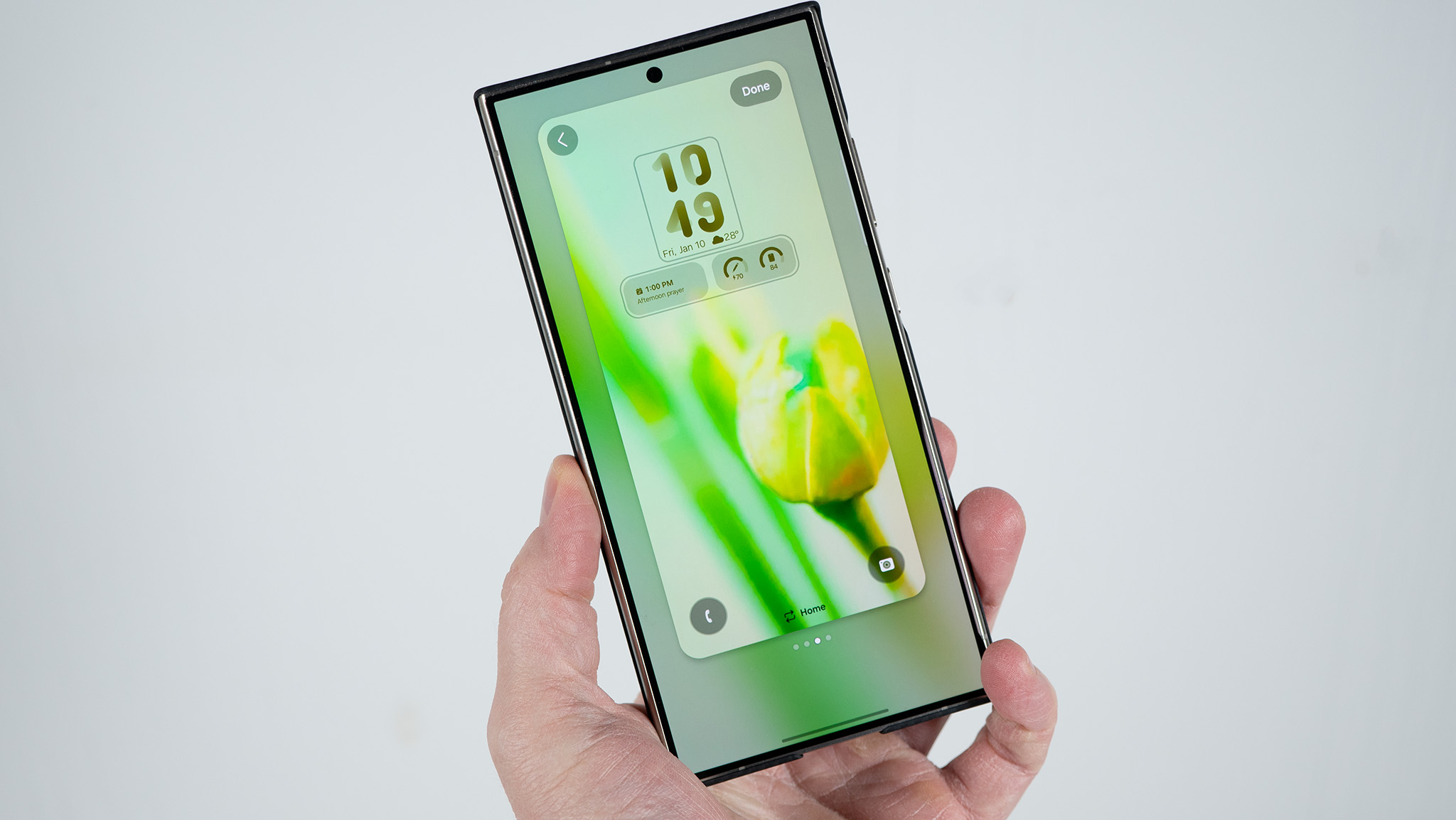Samsung Galaxy S7 versus Nexus 5X: Same size, different audiences
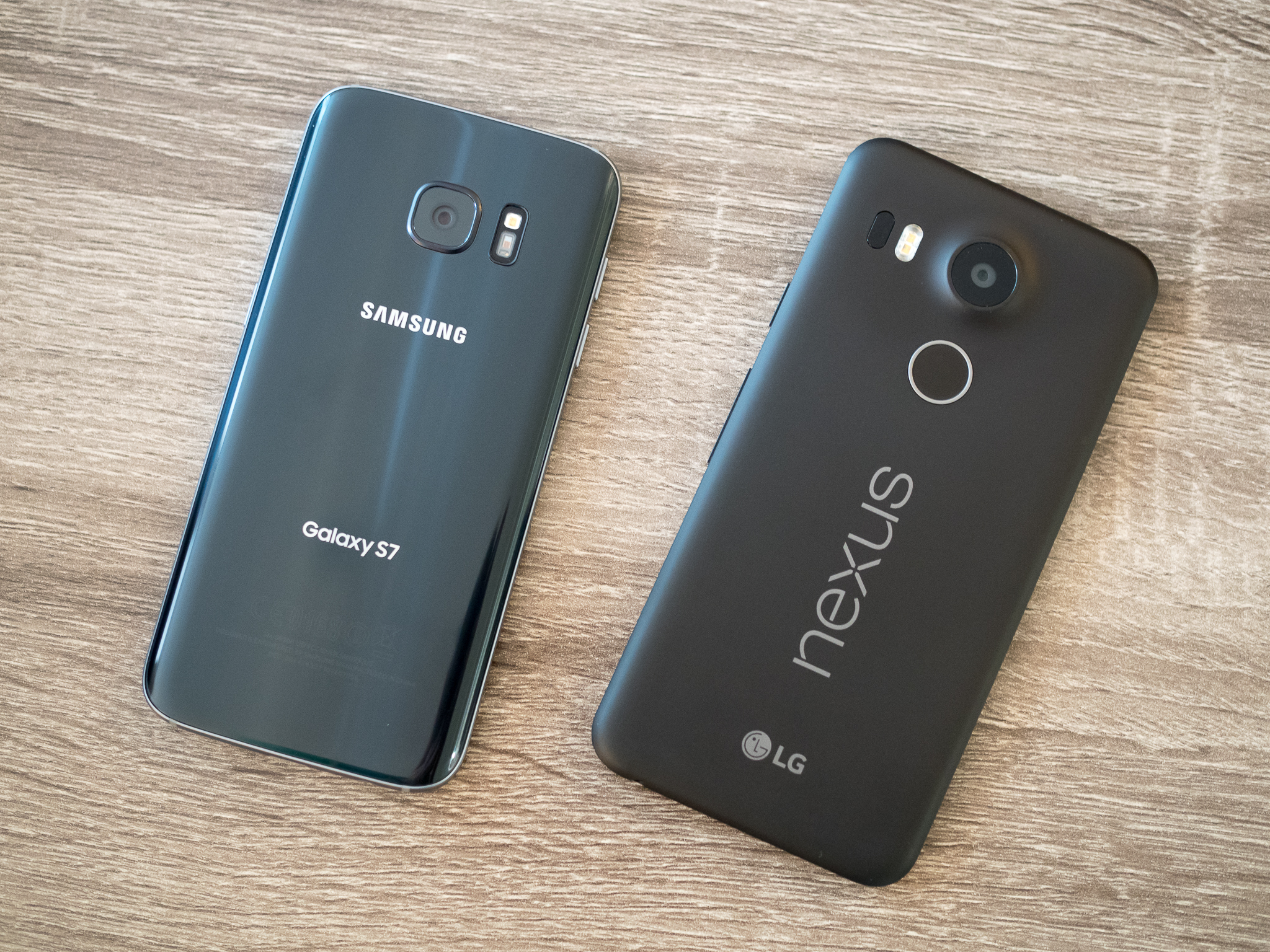
A good number of smartphone fans were excited to see that with the latest generation of Galaxy S phones, Samsung decided to keep its flagship a very modest size. The Galaxy S7 has just a 5.1-inch screen, which is pretty small for today's standards and is even notably smaller than its sibling devices the Galaxy S7 edge.
Much the same story played out late last year with Google's Nexus device release, where it resurrected the spirit of the Nexus 5 in the brand new Nexus 5X. The screen size jumped just a tad, but this is very much a "smaller" phone at 5.2-inches diagonal screen size and generally with small dimensions compared to the big 'ol Nexus 6P.
But even though both of these phones have the same appeal to those who want something a bit more compact to carry around every day, they each target different audiences beyond that. Right off the start pricing is a huge differentiator, and the phones have divergent takes on hardware and software. Despite the differences, we want to see how these two phones compare head-to-head. Here's a look at the Galaxy S7 and the Nexus 5X.
Hardware and specs
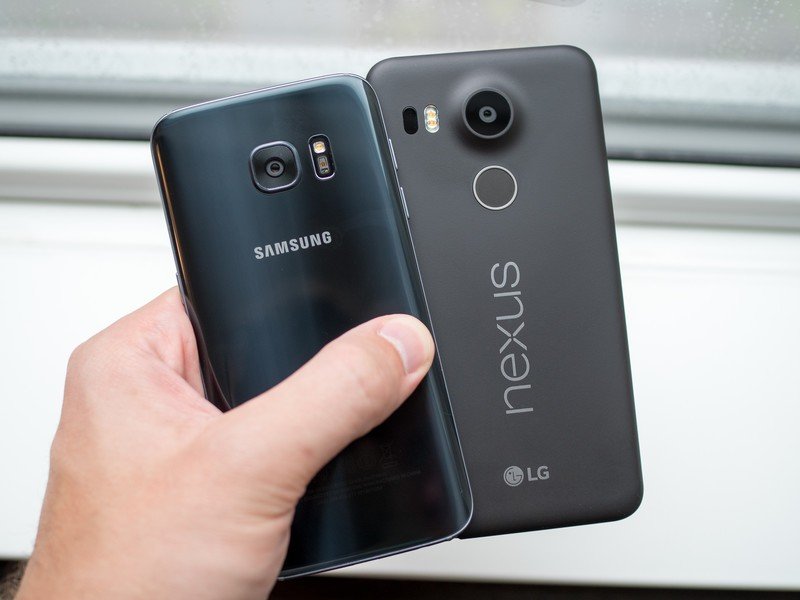
If you're someone who enjoys having a smaller phone that's easy to wrap a single hand around and use without worry of dropping it, you'll be happy with either of these phones. Though the Nexus 5X is a tad larger thanks to bigger bezels, both phones are compact and stand out from the large screens covering the mobile landscape. They're also both thin and light, with rounded corners and edges along the back.
Beyond that, just about every detail pertaining to the hardware on these phones is different. Just at a glance you can already tell that the Galaxy S7 is manufactured from better materials and executed to a higher standard, and with your hands on both you'd be hard-pressed not to lean toward the great feel of Samsung's latest. The metal and glass come together absolutely perfectly on the GS7, and even if you prefer a plastic phone the Nexus 5X isn't exactly the best example of what can be done in polycarbonate.
Compact phone fans will enjoy holding both, but the GS7's hardware is on another level.
What you're holding onto is a big part of the hardware equation, but so is what you're looking at: the screen. Saying that the Galaxy S7 has a better screen shouldn't come as any surprise here, because that's going to be the case no matter what you compare it to. But in this case, the delta is a bit larger with the Nexus 5X. The 1080p LCD on the Nexus is good, for sure, but it doesn't exhibit the great saturation of Samsung's latest — nor does it come anywhere close to the brightness or daylight visibility.
Coming to the line-item specs, you can't really find a place where the Galaxy S7 isn't ahead. The Snapdragon 820 (or, where applicable, Exynos 8 Octa) processor is far ahead of the Snapdragon 808 in the Nexus, as is the 4GB of RAM that doubles the competitor. The default storage is doubled, too, at 32GB and also offers an SD card slot for expansion. The GS7 has a larger 3000 mAh battery, but also has wireless charging that was unfortunately left out of the Nexus 5X. And you can't talk hardware without mentioning the GS7's complete waterproofing.
Be an expert in 5 minutes
Get the latest news from Android Central, your trusted companion in the world of Android
Despite the overall lead the Galaxy S7 has here, the Nexus 5X definitely stands up to it in a few areas. The Nexus 5X's fingerprint sensor is absolutely up to speed with the GS7's, and in some people's eyes better due to its rear placement. Its USB-C port is definitely preferable overall compared to the old micro-USB connector, and the front-facing speaker, while not necessarily louder, is dramatically better for sending sound toward you and not being blocked by your hand when in use. And while the Nexus 5X's plastic may not feel great, it doesn't pile up smudges and get slippery like the Galaxy S7's glass.
Software and performance
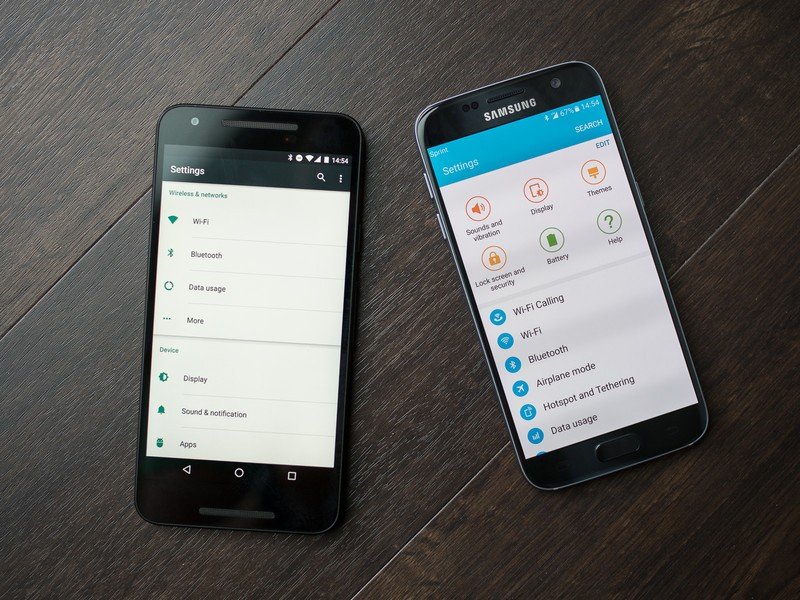
If you'll recall, we dove into this software comparison a little while back when setting the Galaxy S7 edge up against the Nexus 6P — things are the same here. Even though both phones are running Android 6.0 Marshmallow, there are obviously very clear differences in flavoring applied.
Samsung's take on software can be a bit polarizing, particularly if you're someone who has taken a liking to the way Google does things on the Nexus 5X. The Galaxy S7 has a lot more baked-in features and apps, along with some visual changes that are cohesive albeit a little heavy-handed compared to the "stock" Marshmallow offering. The GS7 is very much capable of handling all of this extra overhead, but that doesn't mean you necessarily are.
Aside from the simpler and easier-to-understand interface that the Nexus 5X offers, there's something to be said for its basic set of pre-installed apps. Unlike the GS7, the Nexus 5X doesn't come pre-loaded with tons of apps you can't remove, and it offers just one app to do each task — no duplicate email, messaging, calendar and gallery apps to deal with. And that's before you get to all of the carrier cruft that you're going to have to deal with when you buy the Galaxy S7 in the U.S.
The GS7 can handle all of the extra software overhead, but that doesn't mean you can.
There's also the discussion of security updates. The Nexus 5X can of course count on getting them monthly from Google without any hiccups, and while Samsung has definitely stepped up its cadence the sheer number of models it has to support often slows things down. At this point you can expect to get a "monthly" update about every other month, and while that's a big improvement it certainly isn't as reliable as what the Nexus gets.
A much-needed performance update hit the Nexus 5X in March, bringing it from a frustrating experience up to a capable performer. Even still, its Snapdragon 808 processor and 2GB of RAM just can't push its software fast enough to catch the top-performing Galaxy S7.
Using the Nexus 5X daily you'll be able to find some slowdowns here and there when working in heavier apps or quickly switching between several apps in a short period, and when you set it side-by-side with the Galaxy S7 the speed differences are pronounced. I wasn't able to find a single situation where the Galaxy S7 was slower than the Nexus 5X, and that's not completely unexpected. Though the Nexus 5X is perfectly capable of handling everything I threw at it, it was just a couple beats slower than the industry-topping GS7.
And even though the Galaxy S7 performs better, it also offers longer battery life. Now that makes sense when seeing the 3000 mAh battery that's larger than the Nexus 5X's 2700, and you can probably expect about 15% longer battery life out of the GS7. Both phones of course offer great fast charging solutions, but not having to worry about that as often is a great feature of the Galaxy S7 — the Nexus 5X just comes up short in battery on a regular basis.
Camera quality
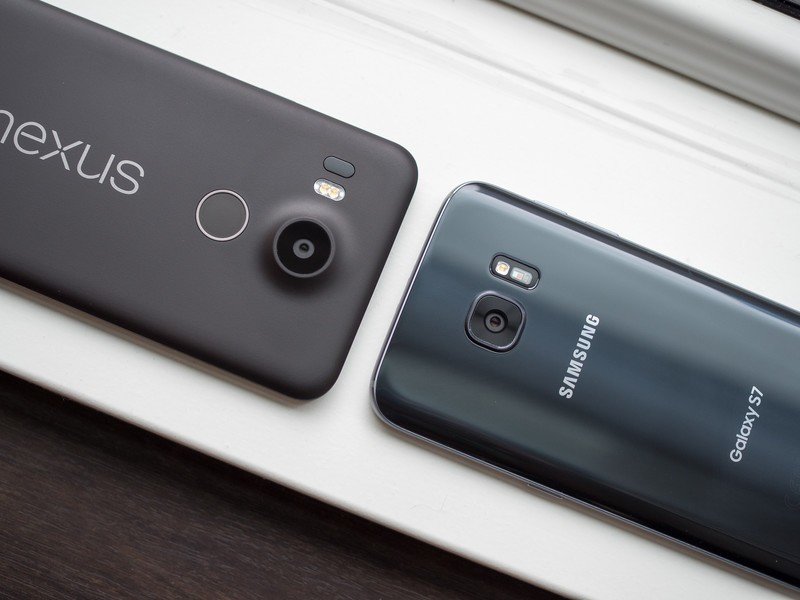
Samsung was coming from a position of strength with an absolutely wonderful camera on the Galaxy S6, and chose to make some dramatic changes with the Galaxy S7. The move to a lower megapixel count in conjunction with larger individual pixel size is a big one, and it's arguably an overall side-step in quality from what we had before. On the other side of things, Nexuses have historically had very compromised (and just straight-up bad) cameras, but the Nexus 5X (and of course 6P) is easily the best Google has ever put out.
Numbers-wise we're looking at 12-megapixels from both cameras, though the Nexus 5X has larger individual pixels at 1.55-microns (versus 1.4-microns). The GS7 has a faster f/1.7 lens, as well as OIS, to support that sensor. Take a look at a few side-by-side comparison shots here:


Galaxy S7 (left) / Nexus 5X (right); click images to view larger
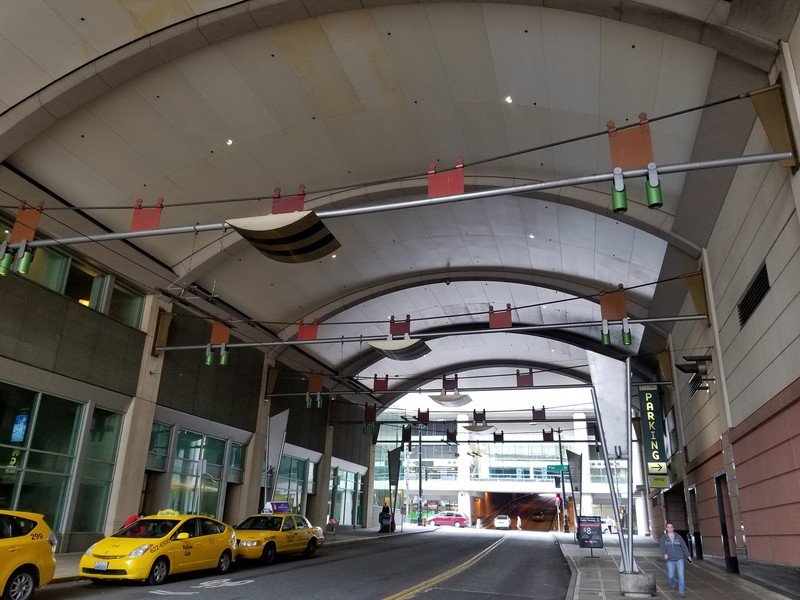
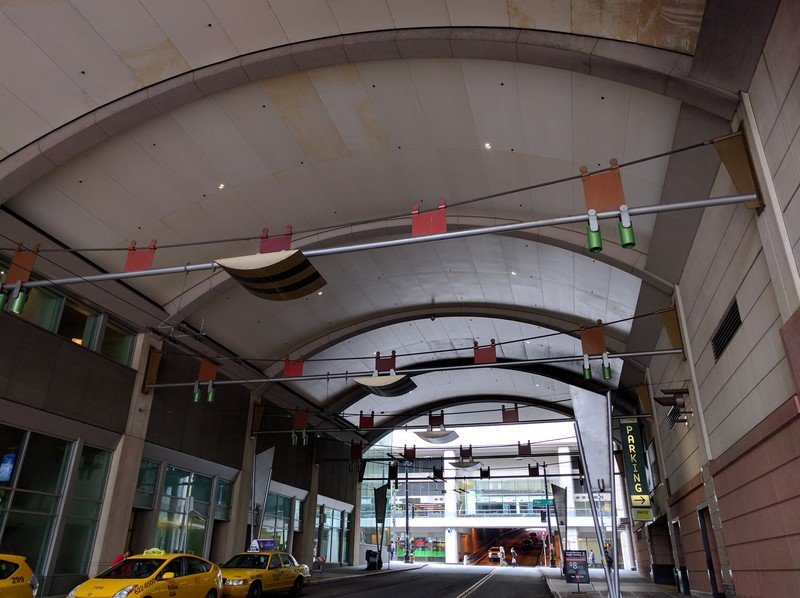
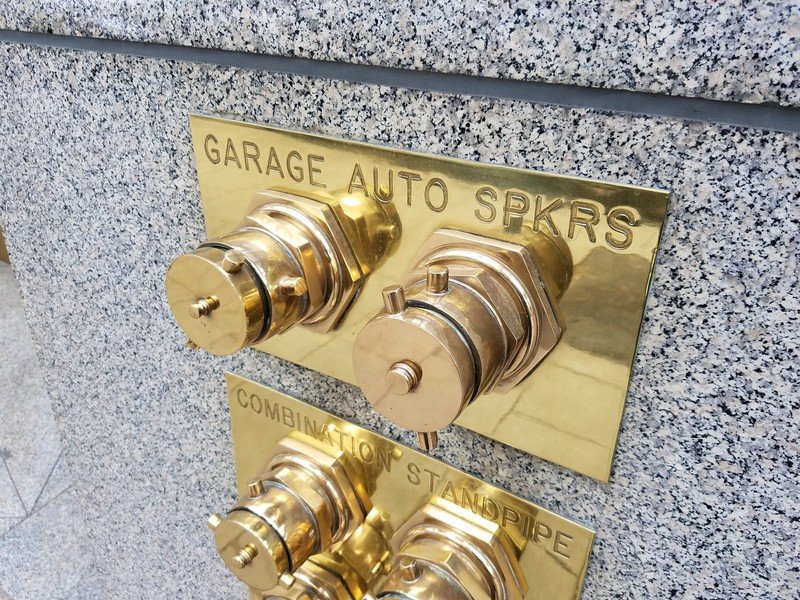
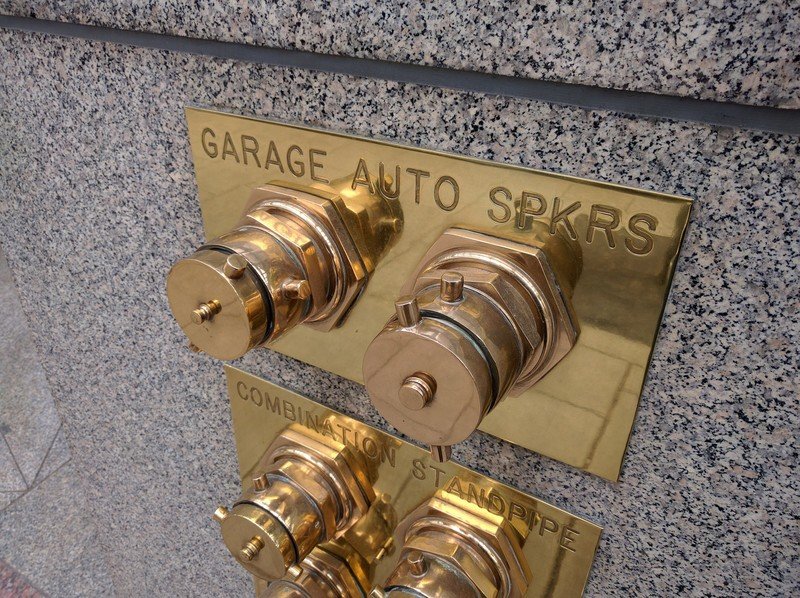


It only takes a few shots with these cameras to see their personalities in taking photos. The GS7 lets in an obscene amount of light into every photo, regardless of whether you use HDR, and pumps up the saturation in colors across the board — sometimes to a fault. On the other end, the Nexus 5X is rightly criticized for having a very low dynamic range, and often reproduces the scene closer to life but not necessarily in a bright or appealing-to-the-eye way.
The results are closer than you may think.
What's interesting to see is how much more detail the Nexus 5X is able to capture, particularly when using its (admittedly slow) HDR+ mode. Even zooming in slightly to photos shows how crisp and clear every shot is, even compared to the Galaxy S7, which is no small feat. The Galaxy S7 is definitely an overall better camera, especially when it comes to quickly capturing photos in a variety of conditions, but the contest is closer than you might think — the Nexus 5X offers more realistic photos and better clarity in most shots, it just leans heavily on HDR+ to accomplish it.
While the merits of the photo quality from each phone are easily debated, it's tough to say that the Galaxy S7 doesn't come out on top in terms of its camera software. Even though the Nexus 5X's software is simplistic and easy to understand, the Galaxy S7 manages to keep things simple as well while also enabling advanced features to be at your fingertips. The interface from Samsung gives you quick toggles for your most-used features, while hiding a full "Pro" mode for those who want it. It's also just downright faster than the Nexus 5X, from processing photos to general navigation.
Read: Camera showdown: Galaxy S7 vs. Nexus 6P vs. iPhone 6s Plus vs. Lumia 950
The bottom line
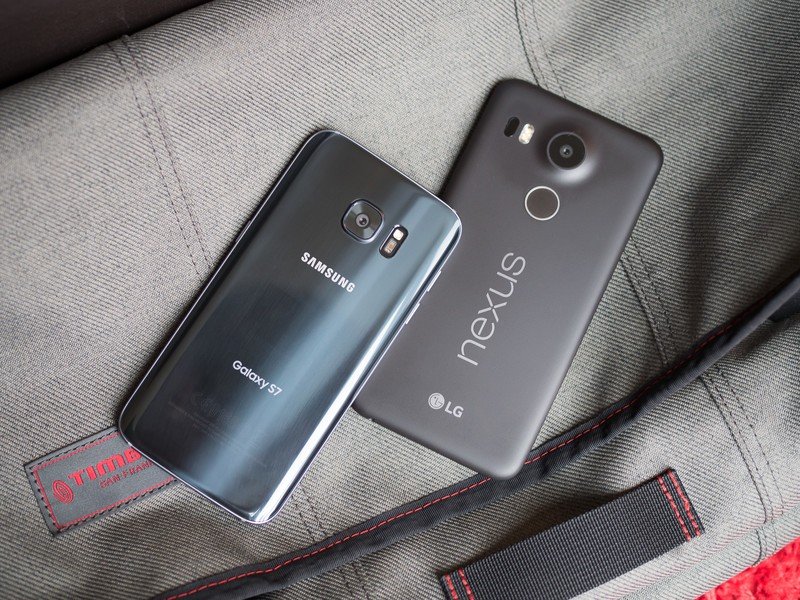
Naturally, this comparison will start and end with a discussion of price and value. At a starting price of $349, the Nexus 5X is at least $300 less than a Galaxy S7. Even bumping up the storage to 32GB to match the Galaxy S7's default configuration, you're saving at least $250. Considering Project Fi? If so, the $199 Nexus 5X is a whopping $450 less than a Galaxy S7. That's not even close — in some cases multiple times the cost — in terms of pricing, and that should weigh heavily on the conclusions in this comparison.
These phones target different audiences — and price is the biggest factor here.
The Galaxy S7 obviously offers better external and internal hardware, more features, a better screen and an overall better camera. The Nexus 5X has a few key features that are nice, along with much cleaner software and appeal to those who like simplicity — all while not giving up too much in terms of performance or camera quality.
Obviously this is a bit of a lopsided fight, but that's why we have the great equalizer of price involved. The Galaxy S7 is definitely the better overall phone here, but is it nearly twice as good as a Nexus 5X, as the price suggests? I wouldn't go anywhere near saying that's the case, but there's never a linear relationship between price and phone quality.
Someone looking for a solid, budget-friendly phone with sprinkles of high-end experience will get one heck of a phone in the Nexus 5X. If you want to spend top-dollar and get a corresponding top-end experience, the Galaxy S7 is the only one that's going to satisfy.
Andrew was an Executive Editor, U.S. at Android Central between 2012 and 2020.

